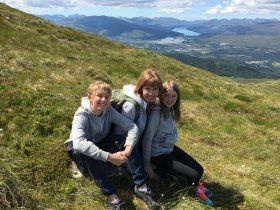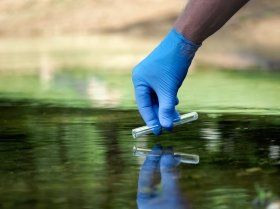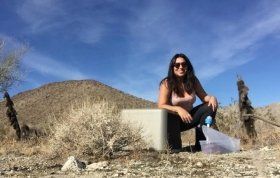
Imagine a world where allergies, asthma and related chronic diseases are rare. Better yet, imagine a world where these conditions can be prevented before they develop.
A powerful new database being created by SFU genomics and bioinformatics researcher Fiona Brinkman and her team will help Canadian researchers make that world a reality.
>> Read the Full Article

Like many engineers, Ravi Selvaganapathy, McMaster’s Canada Research Chair in Biomicrofluidics, enjoys a challenge – the thornier, the better. His work focuses on developing small machines and tools (the “micro” in “biomicrofluidics”) and using them to improve medicine, biology and human health (the “bio”).
His latest project is about as thorny as it gets: a three-year, $1.8 million project funded by the University of Saskatchewan’s Global Water futures project to develop water sensors that can be used in resource-poor areas.
>> Read the Full Article

A previously unrecognized source of nitrogen oxide is contributing up to about 40 percent of the NOx emissions in California, according to a study led by the University of California, Davis. The study traces the emissions to fertilized soils in the Central Valley region.
>> Read the Full Article

Most mammals are on the move every day searching for food, finding a mate or seeking shelter. But mammals in human-modified landscapes move much shorter distances on average than in more natural areas – a finding that could have far-reaching consequences for ecosystems and society, according to a new international study co-authored by University of Guelph biologists.
Prof. John Fryxell, chair of U of G’s Department of Integrative Biology, and post-doctoral researcher Tal Avgar helped lead a global research project whose findings were published recently in Science.
>> Read the Full Article

 ENN
Environmental News Network -- Know Your Environment
ENN
Environmental News Network -- Know Your Environment